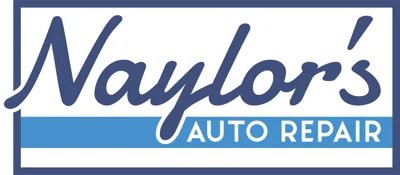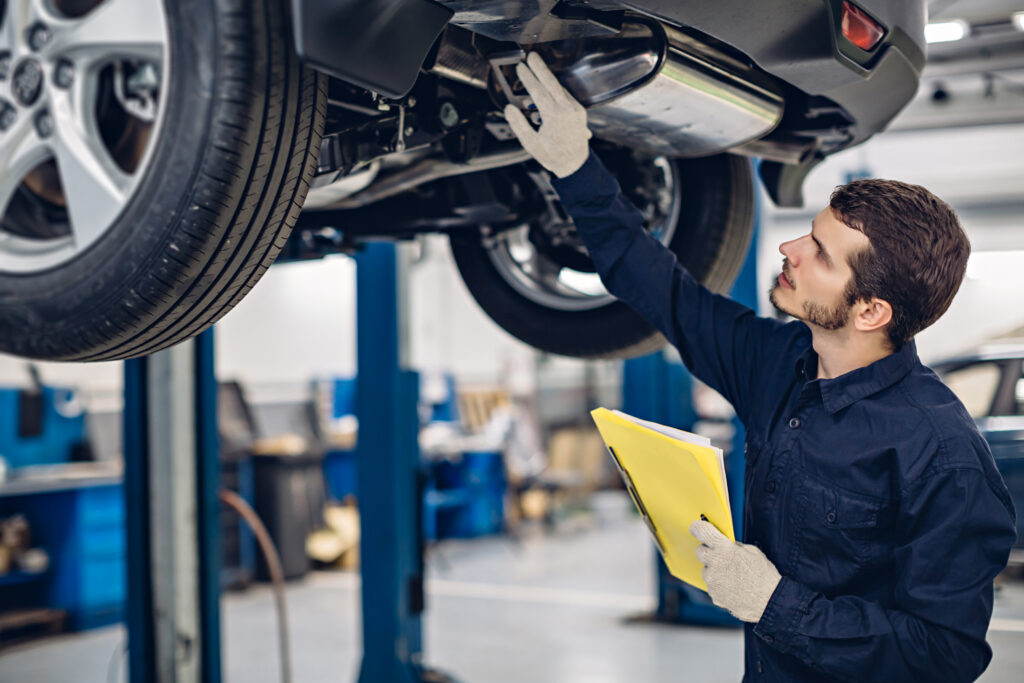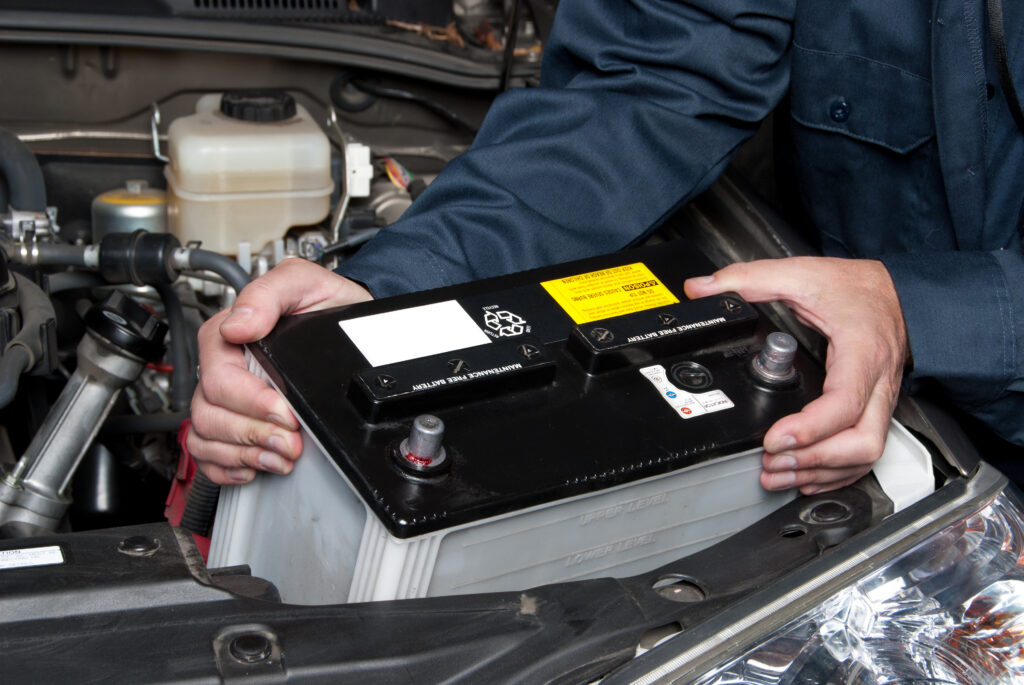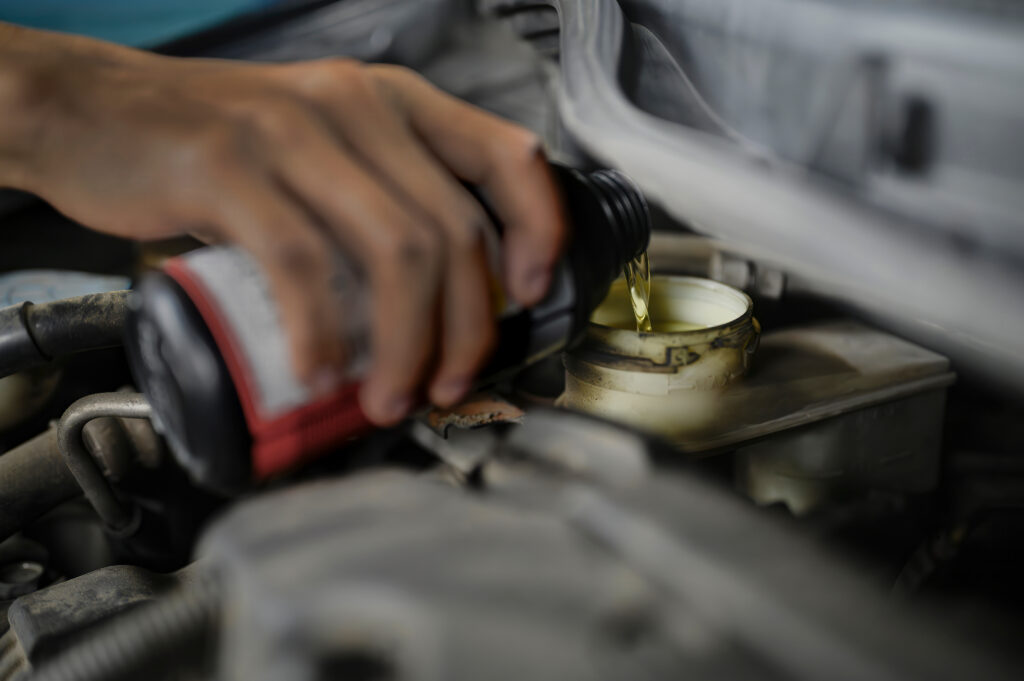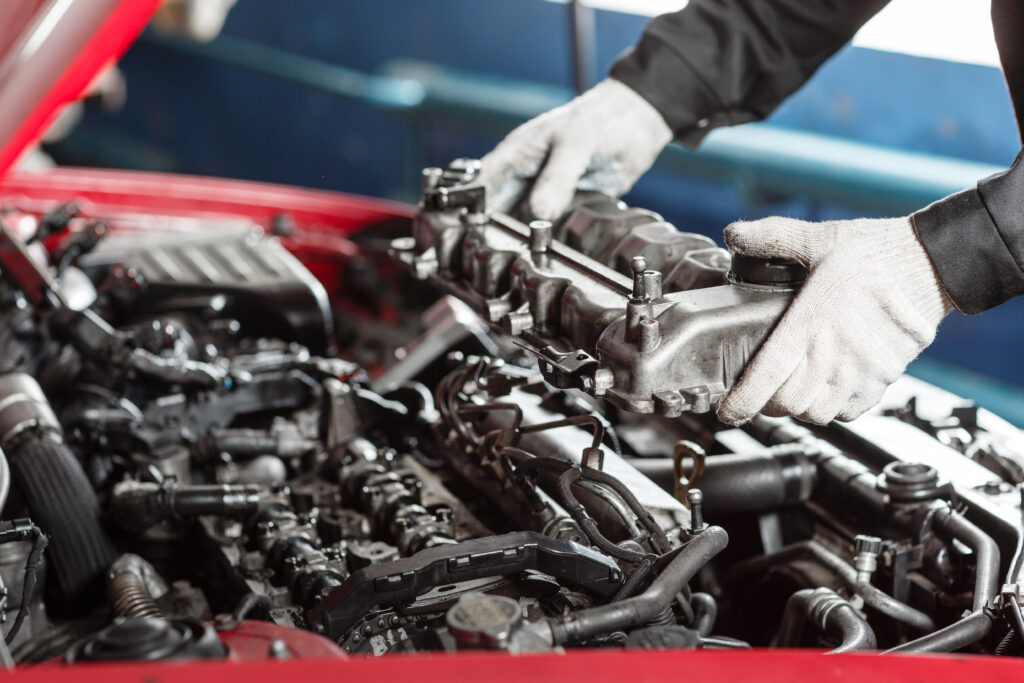Keeping up with the maintenance of your vehicle is an important responsibility as a car owner. As our cars start to age and rack up the miles on the odometer, it is essential to maintain it by having regular tune-ups performed on your vehicle in order to maximize the life of your car and give your engine and other systems a boost.
How often should I get a tune-up?
Depending on your make and model, your tune-up intervals could vary, so it is vital to keep a copy of your vehicle’s manual with you and know what to expect with any tune-up services. But there are some general parameters to keep in mind:
Older vehicles may need a tune-up every 10,000 -12,000 miles, or every two years. Newer vehicles can go as much as 100,000 miles, but how you drive your vehicle can also impact these time frames. If you make a lot of short trips, stop and go driving, tow, drive in dusty or extremely hot or cold conditions you may need a tune-up more regularly.
What Happens in a Tune-Up
When you take your vehicle in for a tune-up, there are a few things you can expect from the certified technicians in the shop. The goal of these tune-ups is to keep your engine operating smoothly, and as efficiently as possible.
Spark Plug Replacement
When your spark plugs wear out, your engine’s performance and fuel efficiency can be reduced. Changing them at the vehicle manufacturer’s specified interval is essential.
Air Filter Replacement
Replacing your vehicle’s air filter as recommended helps keep damaging particles and debris out of your engine, and can help restore its fuel economy and performance too.
Fuel Filter
Every two years or 30,000 miles, if your vehicle has a serviceable fuel filter it’s important to have it replaced.
Diagnostics Check
Even if you don’t have a check engine light on, running diagnostics can uncover trouble codes or issues that may not be affecting your vehicle but may begin too soon.
Ignition Coil Change
Your ignition components, like your spark plugs, can wear out over time and become less efficient or fail. These also need to be replaced according to the manufacturer’s recommendations.
Check/Replace fluids
In addition to oil, your vehicle depends on other fluids to operate, and some of these may need to be checked or replaced at an interval specified by the manufacturer.
Timing/Serpentine Belts & Hoses
The various belts and hoses on your engine need to be checked and potentially replaced at intervals specified by the manufacturer or depending on their condition.
Battery
Your battery may also need checked or replaced, depending on its age, and the conditions that you operate your vehicle.
Brakes
Your vehicle’s brakes may also be checked and their components replaced if they are worn in order to ensure they are properly functioning.
These different parts are often considered “wear items” because they tend to wear out the fastest. They need to be replaced because their life span has either expired, or they are getting very close to it. Left unattended, your vehicle will begin to lose power, consume more fuel, and eventually break down. Most tune-ups are done around 90,000 to 100,000 miles, depending on your vehicle and how it’s used.
A tune-up may take between two and four hours in general, as long as there are no other issues discovered. For your convenience, it’s best to have your vehicle dropped off for this service.
What happens if I don’t get a tune-up?
If you neglect to have regular tune-ups, you will start to notice decreased performance and fuel economy. You may even begin to experience driveability issues, and your vehicle may eventually break down, leaving you stranded. Also, you could have long-term damage to your engine and other systems. Also, many vehicle warranties may be voided by not having regular maintenance and tune-ups performed.
What’s the difference between preventative maintenance and a tune-up?
Preventative maintenance is the service that you regularly get around the year for your vehicle. This includes your oil changes, brake fluid, and tire rotation practices to keep your engine and tires operating properly. Your oil changes can vary in different types of oil, with your engine having different needs as the mileage builds.
Your various fluids, such as transmission fluid, brake fluid, and coolant, need to be flushed and exchanged periodically for preventative maintenance. Although these maintenance services are meant to protect the engine, they maximize the life of the engine when paired with a tune-up service at the right interval.
signs that Your vehicle needs a tune-up
While regular maintenance and taking your vehicle in for tune-ups can help prevent many problems and extend the life of your vehicle, if you are experiencing any of the following after starting or driving your vehicle, it may be due for a tune-up!
- Strange noises or sensations coming from the engine
- Decreased fuel economy
- Decreased performance or acceleration
- Strange odors or unusual smells
- Check engine or warning lights on in the dash
- Issues with starting
Get your vehicle a tune-up today
No matter what make or model vehicle you own, the need for a tune-up is still relevant. At Naylor’s Auto Repair, we want our clients to have safe and reliable vehicles to get them to and from their destination each time. If your car is due for a tune-up according to your manual, or you would like to have the service done, give us a call today at 208-343-0732 for more information about the preventative maintenance and tune-up services we offer.
